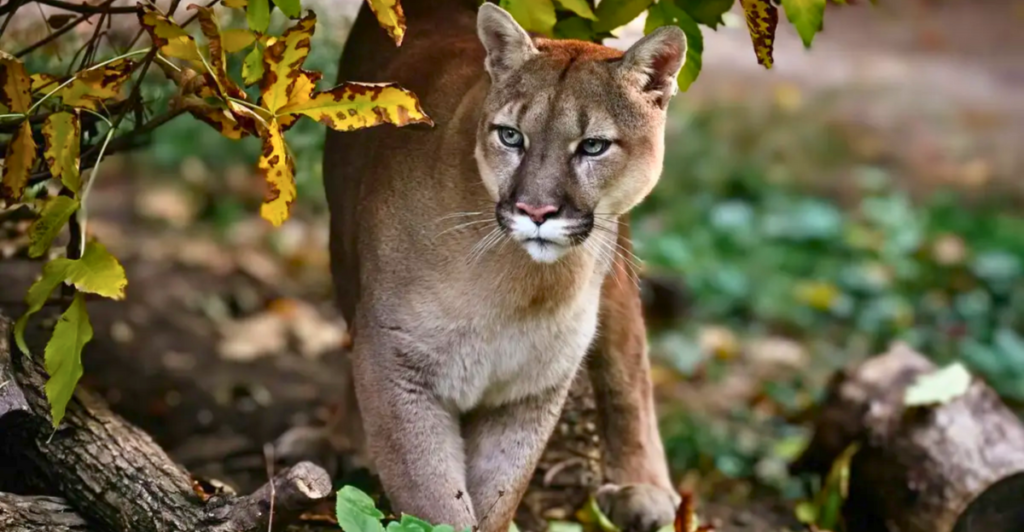
Mountain lions are important predators that play an essential role in their ecosystems. They need protection through conservation as their population becomes at risk through several factors. Here are the reasons why mountain lions are so vital to America.
Keystone Predator
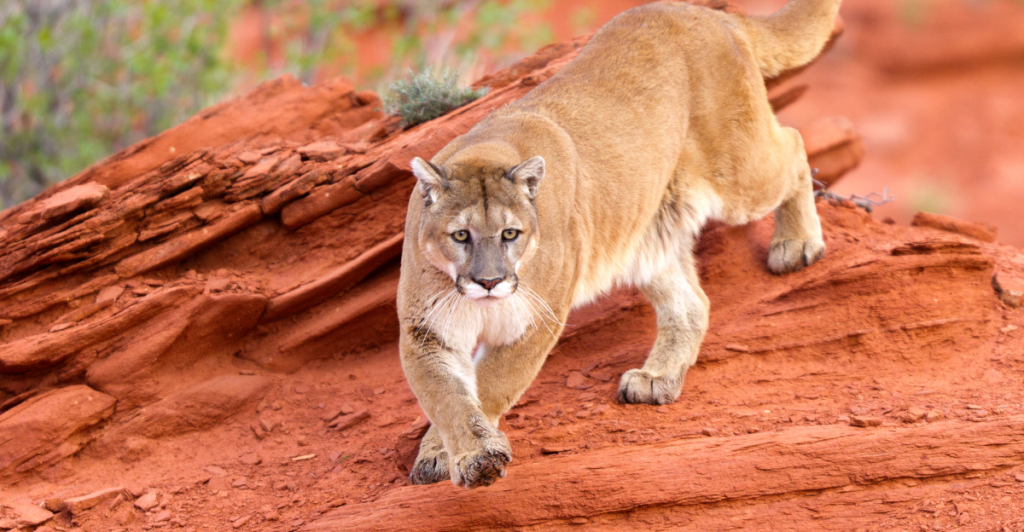
Mountain lions are a keystone predator species in their ecosystem. They keep their habitat in balance by controlling deer and elk populations, that if unchecked, would overgraze, causing a disastrous effect on the surrounding biome.
Disease Control
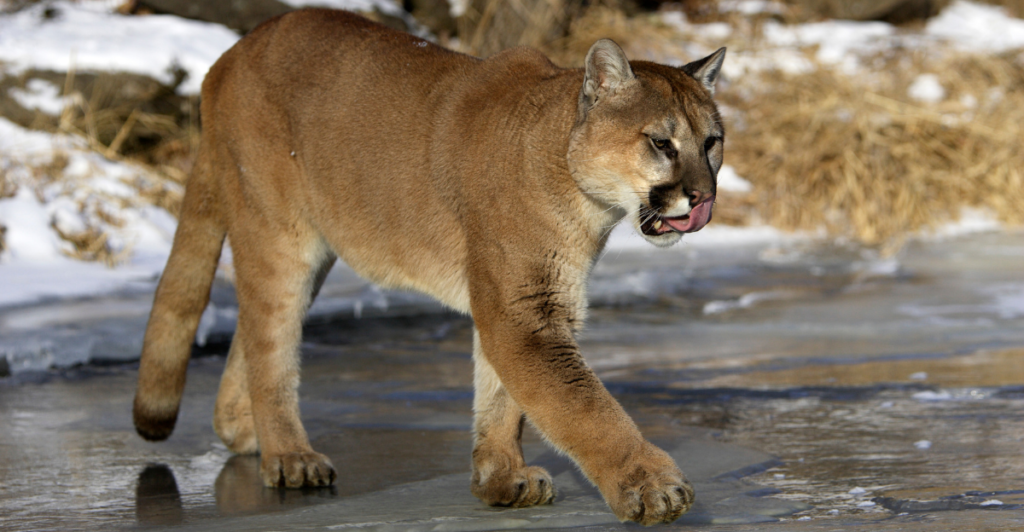
Mountain lions don’t just control deer and elk populations, but they also ensure that diseases in the species don’t spread and run rampant. Mountain lions can tell if deer have Chronic Wasting Disease and will target them over healthy species. This ensures that diseased deer are culled while healthy deer can breed.
Ecosystem Engineers
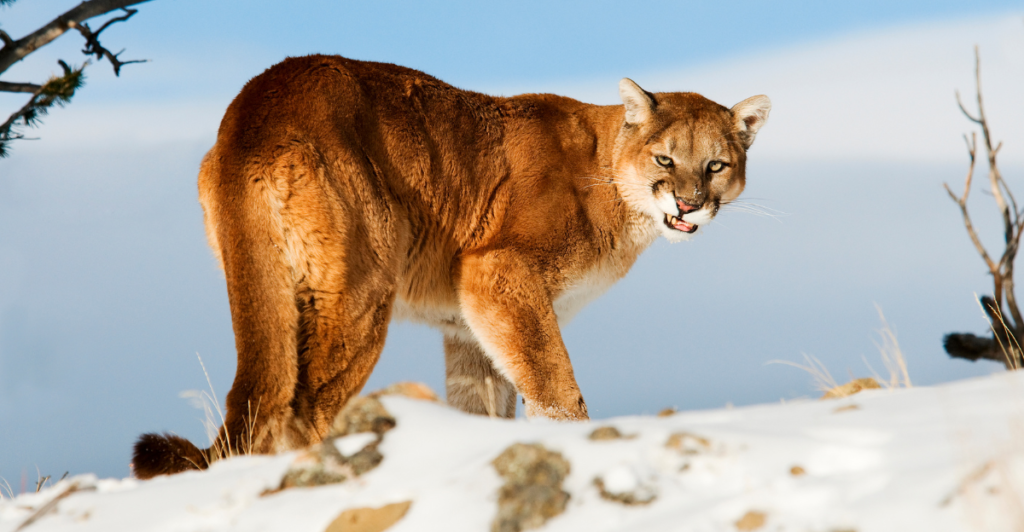
Mountain lions preying on deer and elk create carcasses for scavengers to feed on. This not only promotes animal biodiversity but also enriches the soil for plants to thrive as well. The carrion attracts bears, vultures, and ravens which all help disperse seeds.
Controlling Predator Populations
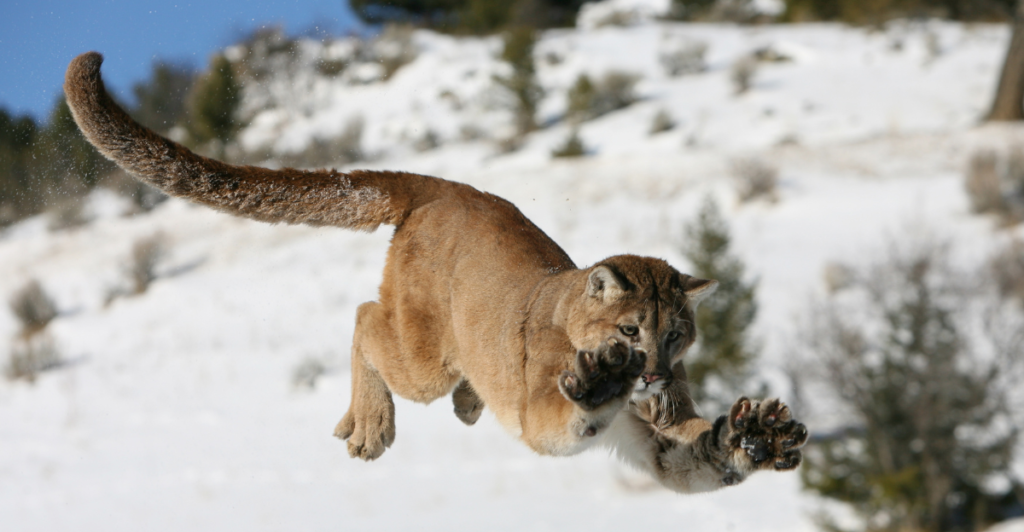
Other species would also be overpopulate if left unchecked if they weren’t hunted by mountain lions. Predators like raccoons and coyotes are kept in check by mountain lions and this ensures that there is equal prey opportunity across multiple predator species.
Reducing Vehicle Collisions
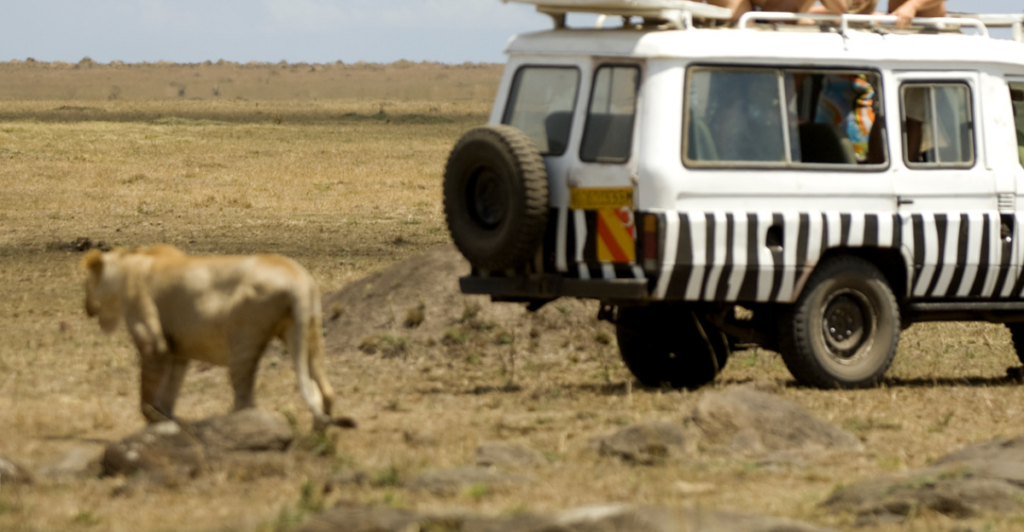
Mountain lions have been proven to reduce car collisions with deer by reducing their population. South Dakota mountain lions reduce this statistic by up to 9%, which saves around one million dollars per year. Proposals to reintroduce the species into the East could save 155 lives over 30 years.
Agriculture and Livestock Protection
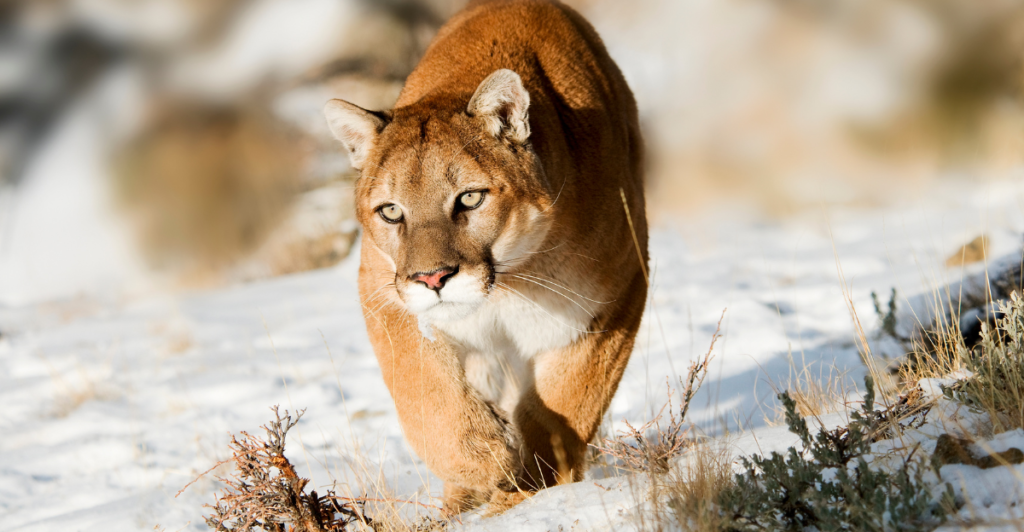
Preying on the local deer population has a knock-on effect on the local vegetation. Agriculture can thrive and livestock can thrive in a dense and lush environment as deers, when unchecked, can become bold and graze on farmed crops and vegetation meant for livestock.
Tourism
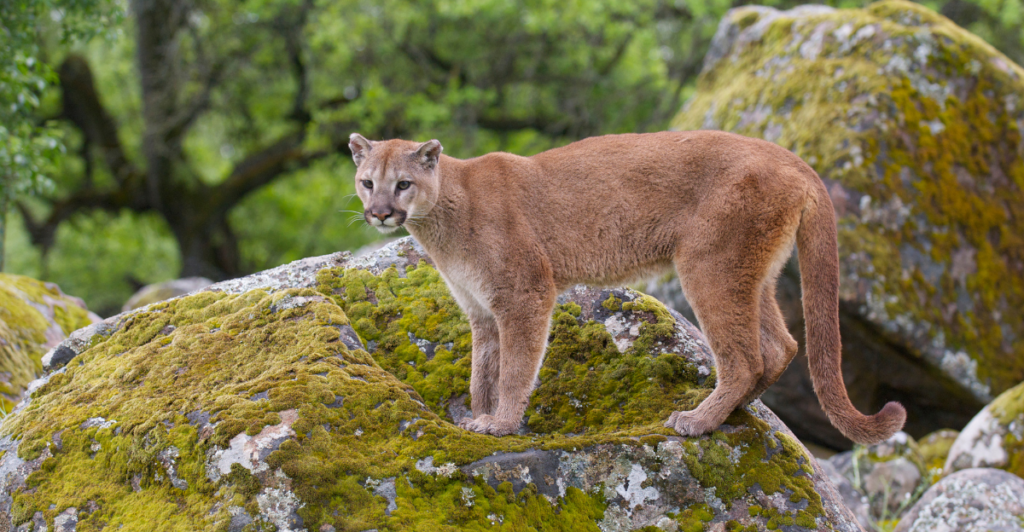
Mountain lions have a deep and rich history many different American cultures. They are a symbol in Native American culture and have a lot of heritage. Because of their reverence, they bring in tourists which boost the local economy of different rural areas.
Encouraging Biodiversity
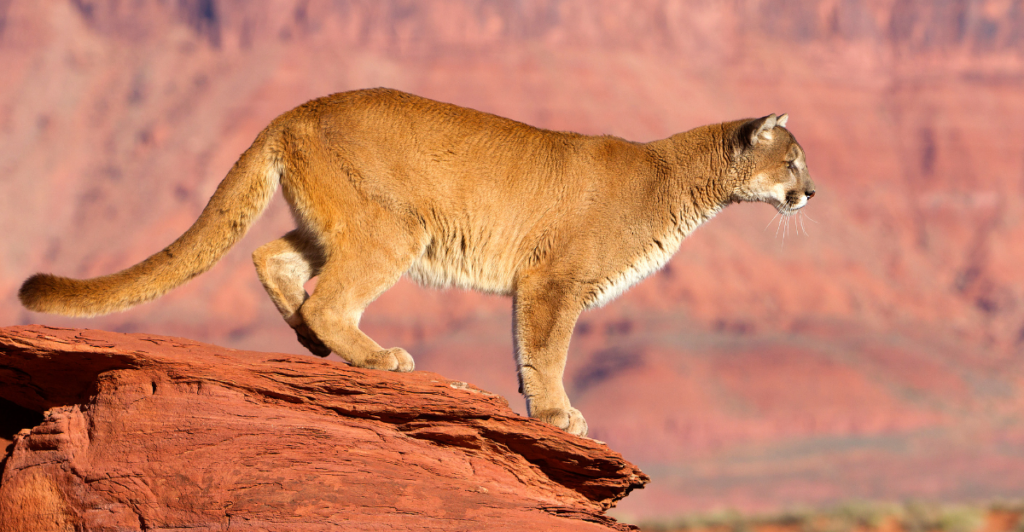
Mountain lions encourage biodiversity by controlling different populations, ensuring that no one grazer or predator can rise to the top and overpopulate. This creates equal opportunities across the ecosystem for all species.
Climate Resilience
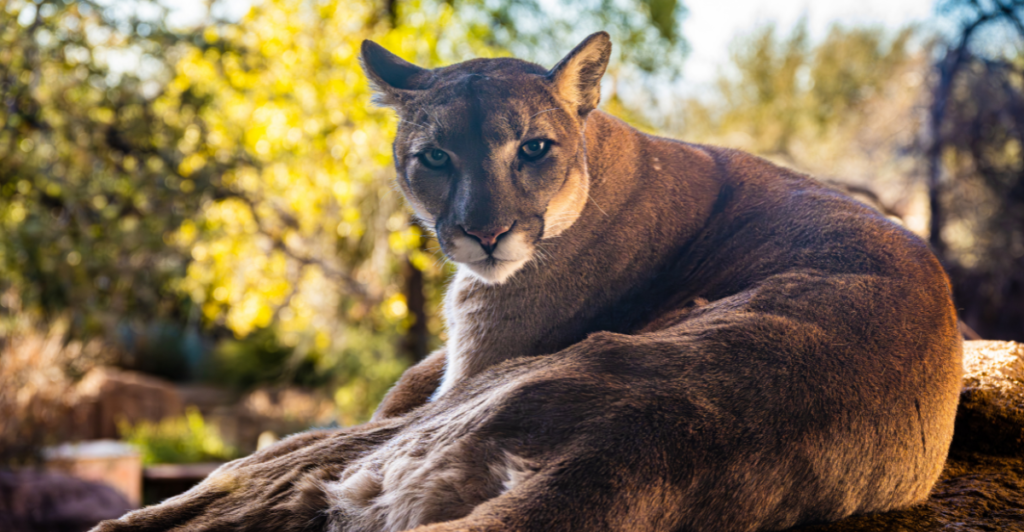
Mountain lions are sensitive to changes in their environment. This means that seeing mountain lions in a biome is a good indicator of ecosystem resilience and their contributions to mitigating climate change, including carbon sinks.
Ecological Connectivity
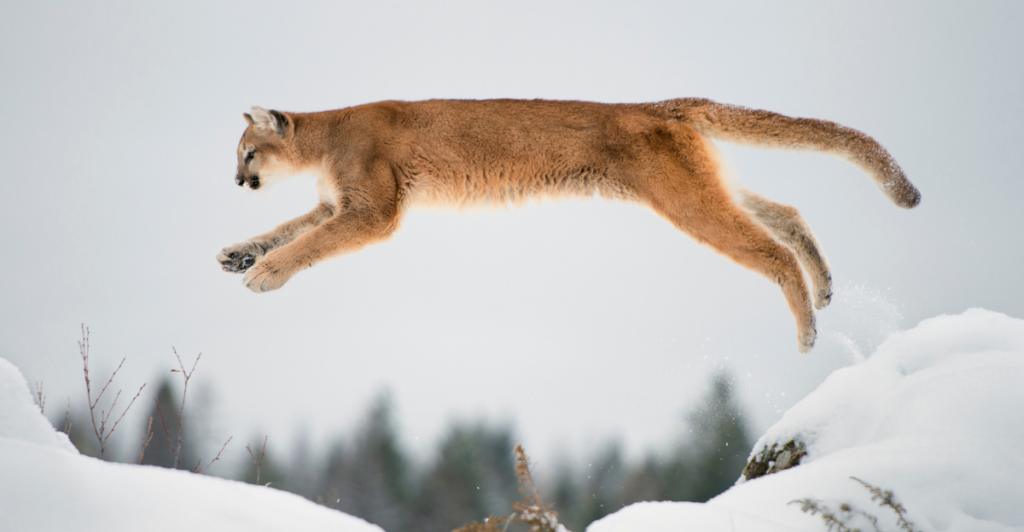
Mountain lions are natural roamers, which means they can move through several habitats instead of staying in one place. This means that they promote a balanced ecosystem where they travel, helping to create many biodiverse and healthy habitats.
Spurring Conservation
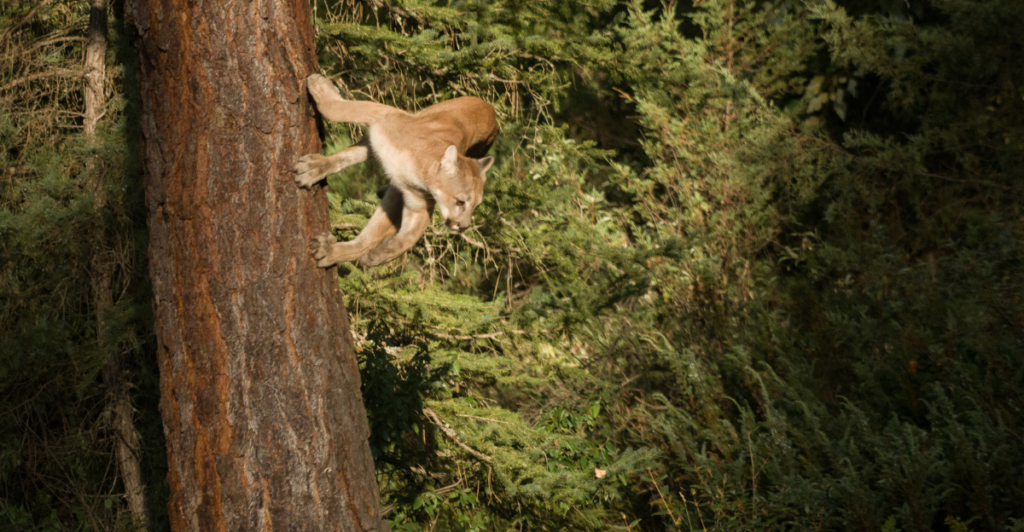
Mountain lions offer a glimpse into a balanced ecosystem as they play a vital part in their environments. This spurs conservation as passionate people learn about these animals and want to lend a helping hand to not only this species but many more within their habitat.
Research
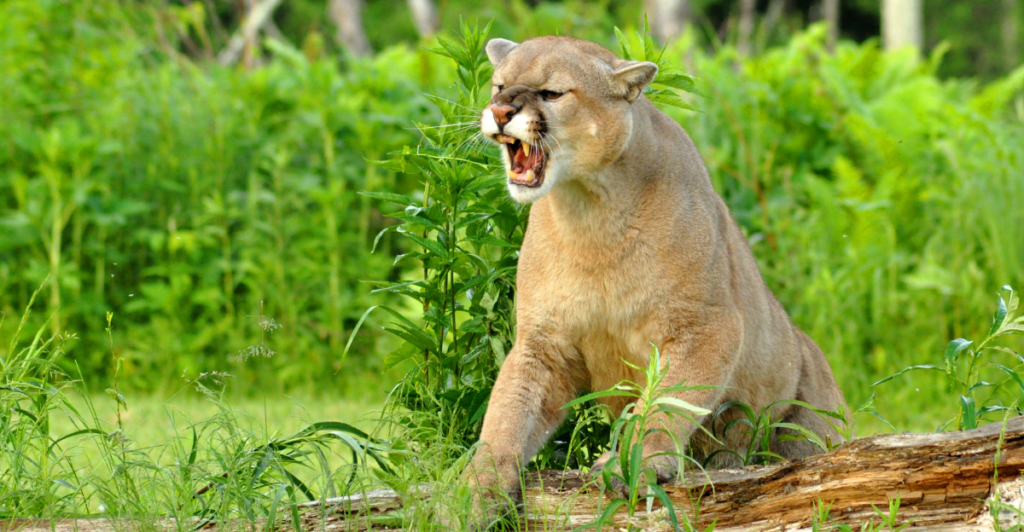
These amazing animals captivate many and aspire people to research predator-prey dynamics and disease ecology. These studies could advance future conservation as more is learned about these animals and the habitats they contribute towards.
Explore more of our trending stories and hit Follow to keep them coming to your feed!

Don’t miss out on more stories like this! Hit the Follow button at the top of this article to stay updated with the latest news. Share your thoughts in the comments—we’d love to hear from you!







